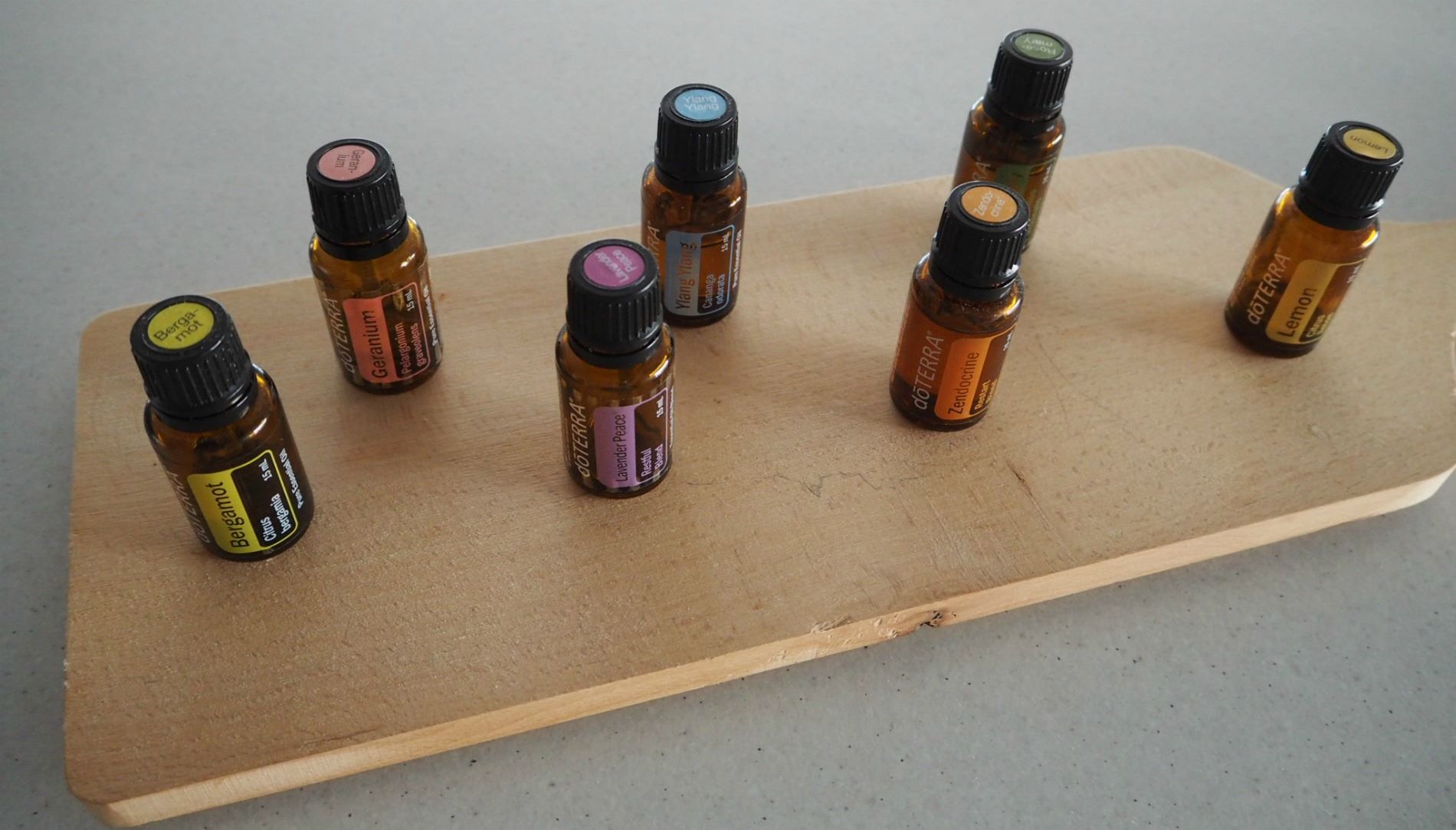

Articles
How To Store Essential Oils At Home
Modified: January 21, 2024
Discover helpful articles on how to store essential oils at home. Learn the best practices for preserving the potency and aromatherapy benefits of your oils.
(Many of the links in this article redirect to a specific reviewed product. Your purchase of these products through affiliate links helps to generate commission for Storables.com, at no extra cost. Learn more)
Introduction
When it comes to the world of aromatherapy and natural remedies, essential oils have gained significant popularity. These highly concentrated plant extracts have a wide range of therapeutic benefits and can be used for everything from stress relief to skincare. However, to fully enjoy the benefits of essential oils, proper storage is crucial.
Storing essential oils correctly not only helps preserve their potency and efficacy but also ensures their safety. Essential oils are sensitive to various environmental factors, such as light, heat, and air exposure, which can cause them to degrade or even become unsafe to use. By understanding how to store essential oils at home, you can prolong their shelf life and maintain their quality.
In this article, we will delve into the art of storing essential oils, discussing the factors that can affect their storage, the right containers to use, ideal storage conditions, dos and don’ts, organizing your collection, extending their shelf life, and important safety precautions.
Whether you are a seasoned essential oil enthusiast or just starting your journey, understanding how to store these precious oils will help you make the most of their therapeutic properties and ensure that they remain in optimal condition for future use.
Key Takeaways:
- Proper storage of essential oils is crucial for maintaining their potency, aroma, and safety. Understanding factors affecting storage, choosing the right containers, and following ideal storage conditions are key to preserving the oils’ quality and effectiveness.
- Organizing your essential oil collection and extending their shelf life through proper storage practices can maximize the therapeutic benefits of the oils. However, it’s essential to prioritize safety precautions to handle and store essential oils responsibly.
Read more: How To Store Essential Oils
Understanding Essential Oils
Before diving into the nuances of storing essential oils, it is essential to have a basic understanding of what they are and how they are made. Essential oils are highly concentrated plant extracts obtained from various parts of plants, including flowers, leaves, stems, bark, and roots. These oils capture the natural aroma and essence of the plant from which they are derived.
Essential oils are extracted through methods such as steam distillation, cold pressing, or solvent extraction. The resulting oils contain the concentrated therapeutic properties of the plant, making them potent and versatile tools for aromatherapy, skincare, and other applications.
It’s important to note that essential oils are highly concentrated and should never be ingested or applied directly to the skin without dilution. Instead, they are typically used in diffusion, topical applications, or incorporated into natural remedies and products.
Each essential oil has its own unique profile, with distinct therapeutic benefits and aroma. For example, lavender essential oil is renowned for its calming and relaxing properties, while tea tree oil is valued for its antiseptic and antibacterial properties.
When choosing essential oils, it’s crucial to ensure that you are purchasing high-quality oils from reputable sources. Look for oils that are pure, undiluted, and derived from plants that are grown without the use of pesticides or synthetic chemicals. Additionally, consider factors such as the oil’s botanical name, country of origin, and any certifications it may have, indicating its authenticity and quality.
With a basic understanding of essential oils in place, we can now explore the factors that can impact the storage of these precious oils.
Factors Affecting Storage
Several factors can significantly impact the storage of essential oils and their longevity. Being aware of these factors will help you make informed decisions when it comes to storing your essential oil collection. Here are the main factors to consider:
- Light: Light exposure can cause essential oils to deteriorate, as UV radiation can break down the chemical compounds present in the oils. To protect your oils, store them in dark-colored glass bottles that block out light. Amber or cobalt blue bottles are commonly used for this purpose.
- Heat: Essential oils are sensitive to heat and can easily oxidize when exposed to high temperatures. Avoid storing your oils in areas that are prone to temperature fluctuations, such as near windows, heaters, or ovens. Instead, choose a cool and dark storage location to maintain the oil’s stability.
- Air Exposure: Oxygen exposure can also cause essential oils to degrade over time. When essential oils come into contact with air, oxidation occurs, leading to a loss of potency and aroma. Ensure that your oil bottles are tightly sealed after each use to minimize air exposure.
- Humidity: Humidity can impact the quality of essential oils, potentially causing them to deteriorate or even develop mold. Avoid storing your oils in areas with high humidity, such as bathrooms or kitchens. Instead, opt for a dry and cool location to prevent moisture from affecting the oils.
It’s important to note that some essential oils are more sensitive to certain factors than others. For example, citrus oils are more prone to oxidation due to their high limonene content, while delicate floral oils may be more sensitive to heat. Keep this in mind when selecting a storage location for your oils.
Now that we understand the factors that can impact essential oil storage, let’s explore the importance of choosing the right containers for storing these precious oils.
Choosing the Right Containers
The choice of containers for storing essential oils is crucial in ensuring their longevity and preserving their quality. Here are some considerations to keep in mind when selecting the right containers:
- Material: Opt for dark-colored glass bottles, such as amber or cobalt blue. Glass is preferred over plastic as it is impermeable, preserving the integrity of the oils. Additionally, dark glass helps protect the oils from light exposure, which can cause degradation.
- Size: Essential oils should ideally be stored in small-sized bottles to minimize air exposure. A standard size is 5-15 ml; this allows you to use up the oil within a reasonable timeframe before oxidation occurs.
- Dropper or Orifice Reducer: To control the dosage and prevent spillage, consider using bottles that come with a dropper or an orifice reducer. This makes it easier to dispense the desired amount of oil without overpouring.
- Sealability: Ensure that the containers have a tight and secure seal. This will prevent air from entering the bottle and causing oxidation. Look for bottles with screw caps or reducer lids that create a leak-proof seal.
- Labels: It’s important to label your bottles to keep track of the oils and their expiration dates. Use waterproof and oil-resistant labels to prevent smudging or fading over time.
When transferring essential oils from larger bottles or when mixing your own blends, it’s important to use clean and sterilized glass or stainless steel tools to avoid cross-contamination or reaction with other materials.
Remember, essential oils are highly concentrated, and a little goes a long way. By choosing the right containers, you can ensure that your oils remain in optimal condition for an extended period.
Now that we have covered the selection of appropriate containers, let’s move on to understanding the ideal storage conditions for essential oils.
Ideal Storage Conditions
To maintain the potency and quality of your essential oils, it is crucial to store them in ideal conditions. Here are some guidelines to follow:
- Temperature: Essential oils should be stored in a cool environment with consistent temperatures. The ideal temperature range is between 15-25 degrees Celsius (59-77 degrees Fahrenheit).
- Light: Protect your oils from direct sunlight and other sources of UV radiation. Find a storage location that is dark or use tinted glass bottles to shield the oils from light exposure.
- Air: Minimize air exposure to prevent oxidation and degradation of the oils. Always ensure that the bottles are tightly sealed after each use.
- Humidity: Essential oils should be kept in a dry environment with low humidity. Moisture can lead to the growth of mold or degradation of the oils. Avoid storing them in damp areas like bathrooms or kitchens.
- Stability: To prevent accidental spills or damage, store your essential oils in a stable location where they won’t be at risk of falling or being knocked over.
Consider dedicating a specific storage area for your essential oils, such as a cool, dark drawer or cupboard. This will help maintain consistent conditions and protect them from external factors that could compromise their quality.
It is important to note that certain essential oils, like citrus oils, are more sensitive to temperature and may benefit from being refrigerated. However, it’s crucial to bring them back to room temperature before use to prevent condensation and potential moisture entering the bottles.
By following these ideal storage conditions, you can ensure that your essential oils remain potent, aromatic, and safe to use for an extended period.
Next, let’s explore the dos and don’ts of storing essential oils.
Store essential oils in a cool, dark place away from direct sunlight and heat to preserve their potency and extend their shelf life. Keep them tightly sealed to prevent oxidation.
The Dos and Don’ts of Storing Essential Oils
Proper storage is paramount to maintaining the quality and effectiveness of your essential oils. To ensure that you are storing them correctly, here are some essential dos and don’ts to keep in mind:
Do:
- Store your essential oils in dark glass bottles to protect them from light exposure.
- Keep your oils in a cool, dry place with consistent temperatures.
- Label your bottles with the name of the oil and the date of purchase.
- Keep your essential oils tightly sealed when not in use to minimize air exposure.
- Store your oils away from children and pets to prevent accidental ingestion or spills.
- Use smaller-sized bottles to minimize oxidation and prolong the shelf life of your oils.
- Store your oils in a stable location to prevent them from falling or getting damaged.
- Store delicate oils and citrus oils in the refrigerator to extend their shelf life.
Don’t:
- Store your essential oils in plastic containers, as they can react with the oil and degrade its quality.
- Expose your oils to direct sunlight or prolonged heat, as it can cause them to deteriorate.
- Store your oils in areas with high humidity, such as bathrooms or kitchens.
- Keep your essential oils near open flames or heat sources, as they are flammable.
- Add carrier oils or other substances to your essential oil bottles, as this can contaminate the oil and alter its properties.
- Store your oils for prolonged periods without checking and replacing those that are past their expiration date.
By following these dos and don’ts, you can ensure that your essential oils are stored properly and protected from factors that could compromise their quality and effectiveness.
Now that you know how to store essential oils, let’s explore some practical tips for organizing your essential oil collection.
Organizing Your Essential Oil Collection
Having an organized essential oil collection not only helps you locate and use your oils efficiently but also ensures that they are stored correctly. Here are some practical tips for organizing your essential oil collection:
- Group by Category: Arrange your essential oils based on their therapeutic properties or the part of the plant they are derived from. This could include categories such as floral oils, citrus oils, woody oils, or oils derived from leaves.
- Alphabetical Order: Consider organizing your oils alphabetically to make it easier to find a specific oil when needed. This helps save time by minimizing the search process.
- Clear Labeling: Label the bottles of your essential oils clearly and consistently. Include the name of the oil, its botanical name, and any other relevant information that will help you identify and differentiate the oils.
- Display Shelf or Box: Invest in a display shelf or a wooden box specifically designed for essential oils. This not only keeps your oils organized but also protects them from light exposure and potential damage. Ensure that the shelf or box is in a cool and dry location.
- Storage Trays or Racks: Use storage trays or racks to neatly arrange your essential oil bottles. This allows you to easily see and access each oil, making it convenient to choose the right oil for your needs.
- Separate Carrier Oils: If you have carrier oils that you frequently use with your essential oils, consider keeping them separate from your essential oil collection. This ensures that the carrier oils do not mix with your pure essential oils.
- Inventory Checklist: Keep an inventory checklist of your essential oil collection. This helps you track your oils, note their expiration dates, and identify oils that need replenishment.
By organizing your essential oil collection in a systematic and thoughtful manner, you not only create a visually appealing display but also ensure that your oils are properly stored and readily accessible for use.
Next, let’s explore some effective ways to extend the shelf life of your essential oils.
Extending the Shelf Life of Essential Oils
Essential oils have a limited shelf life due to their volatile nature and sensitivity to various factors. However, there are several measures you can take to extend the shelf life of your essential oils and preserve their quality for as long as possible. Here are some effective ways to do so:
- Proper Storage: Follow the guidelines we’ve discussed earlier regarding ideal storage conditions, such as storing your oils in dark glass bottles, in a cool and dry place, away from direct sunlight and heat sources.
- Frequent Use: Essential oils that are used regularly are less likely to deteriorate. Aim to incorporate your oils into your daily routine, whether it’s through diffusing, topical applications, or creating natural remedies.
- Keep Lids Tightly Sealed: After each use, ensure that the lids of your essential oil bottles are tightly sealed to minimize air exposure and prevent oxidation.
- Avoid Contamination: When using essential oils, always use clean tools and avoid introducing moisture, dirt, or foreign substances into the bottle. Contamination can degrade the quality of the oil over time.
- Rotate Your Collection: If you have a large essential oil collection, consider rotating your oils by regularly using the older ones first. This helps ensure that no oil remains unused for an extended period, reducing the risk of expiration.
- Use Amber or Cobalt Bottles: In addition to protecting your oils from light exposure, storing them in amber or cobalt glass bottles can help slow down oxidation and preserve the oils’ therapeutic properties.
- Refrigerate Delicate Oils: While not all essential oils require refrigeration, some delicate oils, such as citrus oils, can benefit from being stored in the refrigerator. This helps keep them cool and slows down the oxidation process.
- Consider Using Antioxidants: Some essential oils, such as rosemary or vitamin E oil, have natural antioxidant properties. Adding a few drops of these oils to your blends or storing your oils with a cotton ball soaked in antioxidant oil can help extend their shelf life.
Remember, although essential oils do have a shelf life, they can still be used even after they have passed their expiration date. However, their potency and aroma may diminish over time.
By implementing these practices, you can maximize the shelf life of your essential oils and ensure that they remain effective and beneficial for a longer duration.
Now, let’s discuss some important safety precautions to keep in mind when storing essential oils.
Essential Oil Storage Safety Precautions
While essential oils offer numerous benefits, it is important to handle and store them with care. To ensure your safety and the safety of others, here are some important safety precautions to keep in mind when storing essential oils:
- Keep Out of Reach of Children and Pets: Essential oils should be stored in a safe and secure location, out of reach of children and pets. Accidental ingestion or improper usage can lead to serious health concerns.
- Avoid Contact with Eyes and Skin: Essential oils are highly concentrated and can cause irritation or allergic reactions when applied directly to the skin or in contact with the eyes. Always dilute essential oils properly before topical application, and if accidentally in contact with eyes, rinse thoroughly with water.
- Proper Ventilation: When using essential oils or accessing your collection, ensure that the area is well-ventilated. Essential oils can have strong aromas that may be overwhelming in confined spaces.
- Store Flammable Oils Safely: Some essential oils, such as citrus oils, are flammable and should be stored away from open flames or heat sources. Exercise caution when using these oils and keep them away from potential fire hazards.
- Do Not Ingest Essential Oils: Essential oils are for external use only and should not be ingested unless under the guidance of a qualified healthcare professional. Ingesting essential oils can have harmful effects on the body.
- Handle with Care: When handling essential oils, ensure that your hands are clean and dry to avoid contamination. Take care not to spill or break the bottles, as some oils can stain or damage surfaces.
- Label All Bottles: Properly label all your essential oil bottles with their names and any relevant information to avoid confusion and accidental usage.
- Keep Oils in Original Containers: It is best to store essential oils in their original, properly labeled containers. Transferring oils to different containers may lead to misidentification or accidental misuse.
- Seek Professional Advice: If you have any concerns or questions about the storage or usage of essential oils, it is always recommended to consult with a qualified aromatherapist or healthcare professional.
By following these safety precautions, you can ensure that you handle and store your essential oils responsibly, minimizing the risk of accidents and promoting a safe environment for yourself and others.
Now that you have a comprehensive understanding of how to store essential oils safely and effectively, you can enjoy your collection with peace of mind.
If you have any additional questions or need further guidance, don’t hesitate to reach out for professional advice.
Happy and safe essential oil storage!
Read more: How To Mix Essential Oil For A Diffuser
Conclusion
Proper storage of essential oils is essential for maintaining their potency, aroma, and safety. By implementing the right storage practices, you can ensure that your essential oil collection remains in optimal condition for an extended period.
Understanding the factors that can affect the storage of essential oils, such as light, heat, air exposure, and humidity, is crucial for preserving their quality. Choosing the right containers, such as dark glass bottles, and storing them in ideal conditions will help protect the oils from degradation.
Organizing your essential oil collection not only helps you locate and use your oils efficiently but also ensures that they are stored correctly. Grouping them by category, labeling them clearly, and storing them in display shelves or boxes will contribute to a well-organized and visually appealing collection.
Extending the shelf life of essential oils is possible by following simple practices such as proper storage, keeping lids tightly sealed, frequent usage, and considering refrigeration for delicate oils. These steps can help preserve the therapeutic properties of the oils and maximize their effectiveness.
However, it’s important to remain cautious and understand essential oil storage safety precautions. Keeping oils out of reach of children and pets, avoiding direct contact with eyes and skin, maintaining proper ventilation, and handling oils with care are all vital for ensuring your safety and the safety of others.
With this comprehensive knowledge of essential oil storage, you can confidently enjoy the benefits of aromatherapy and natural remedies with your well-preserved collection. Remember to consult with professionals when needed and follow the guidelines provided to make the most of your essential oils.
Now, go ahead and store your essential oils with care, and enjoy the therapeutic goodness they offer!
Frequently Asked Questions about How To Store Essential Oils At Home
Was this page helpful?
At Storables.com, we guarantee accurate and reliable information. Our content, validated by Expert Board Contributors, is crafted following stringent Editorial Policies. We're committed to providing you with well-researched, expert-backed insights for all your informational needs.
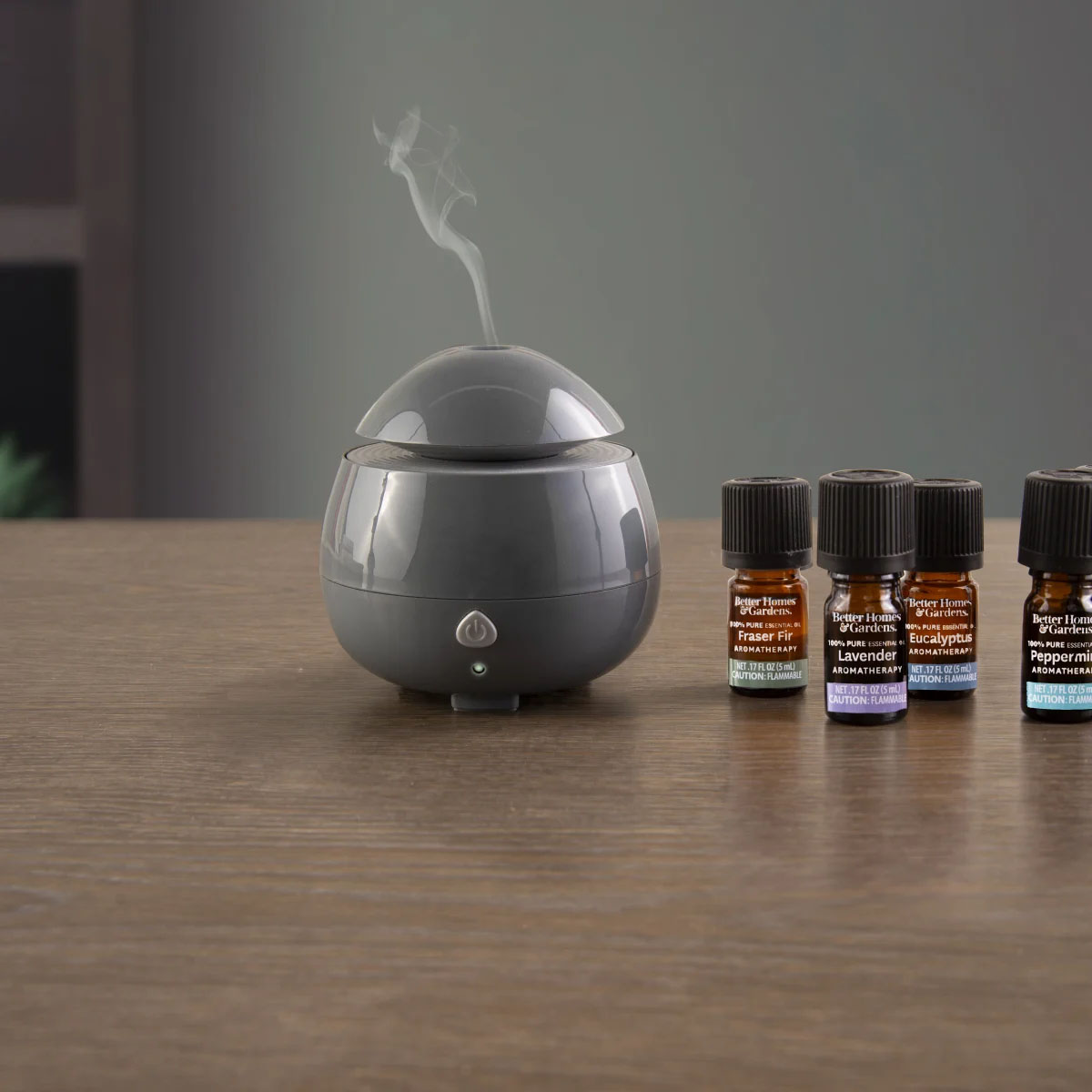
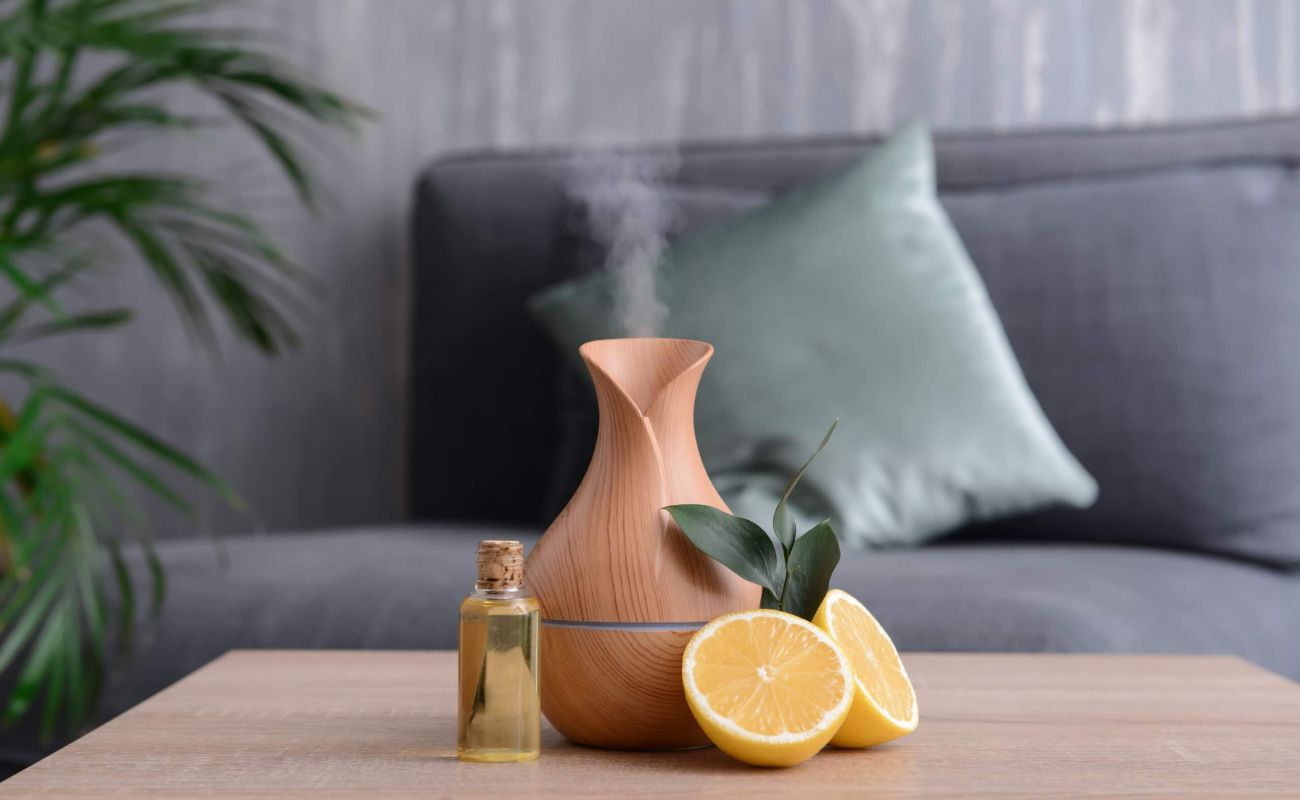
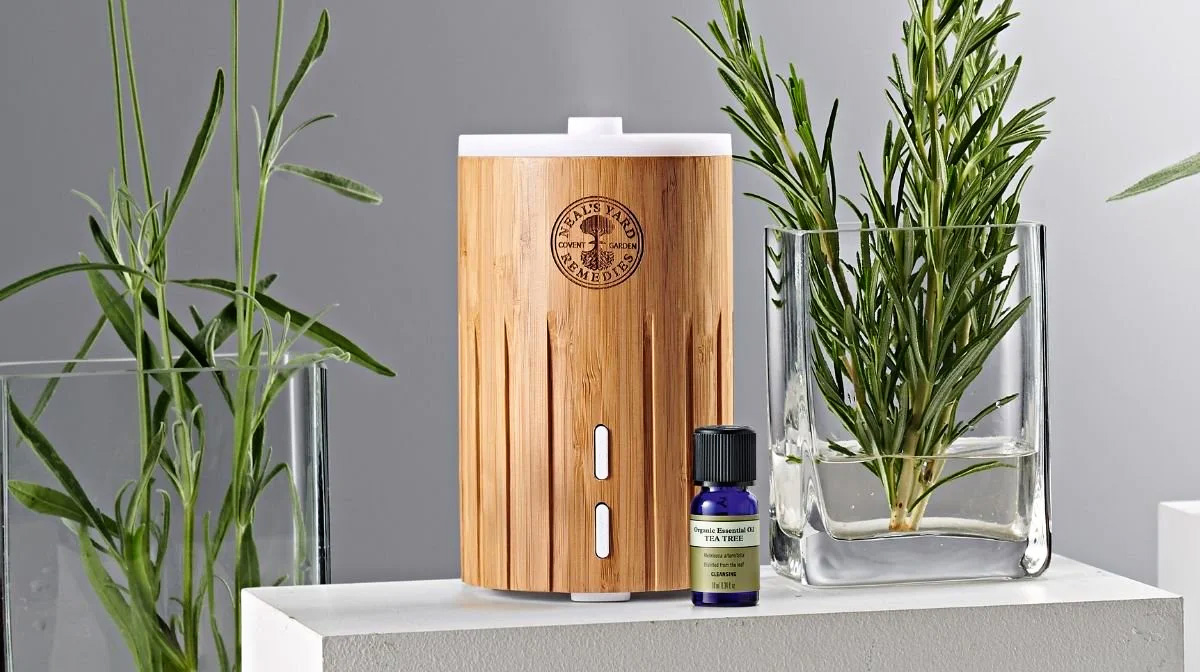
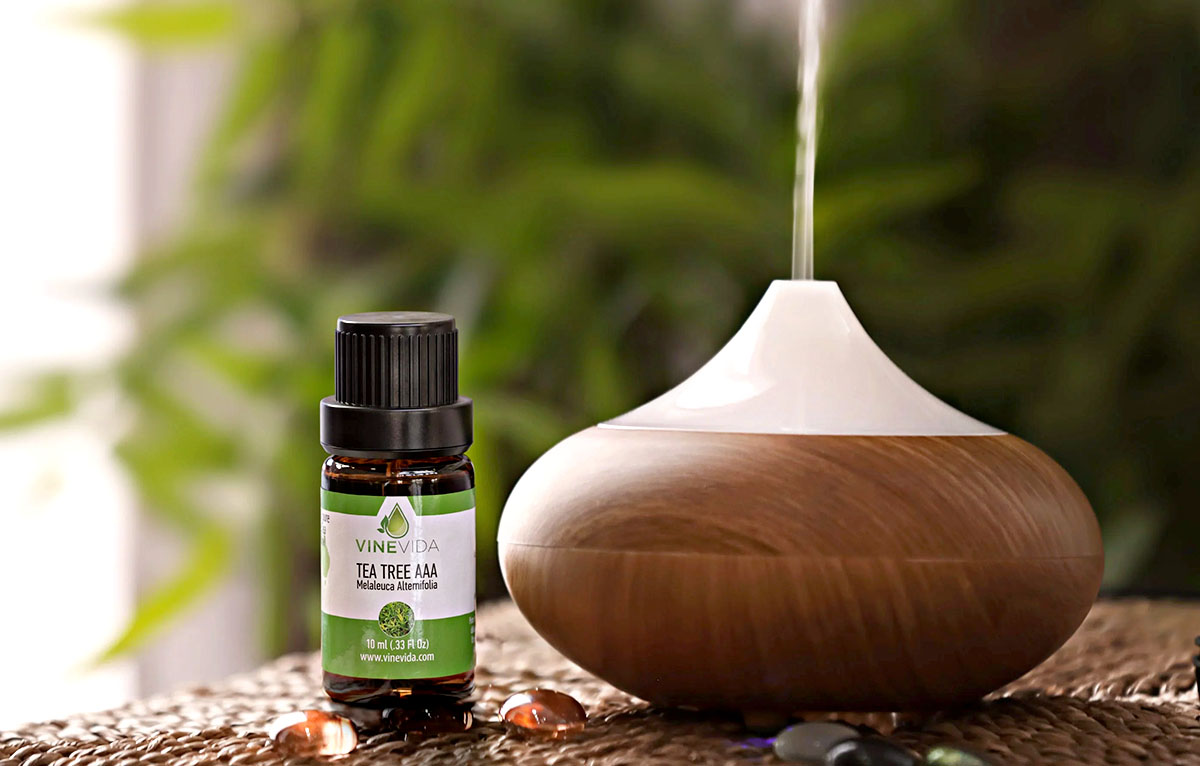
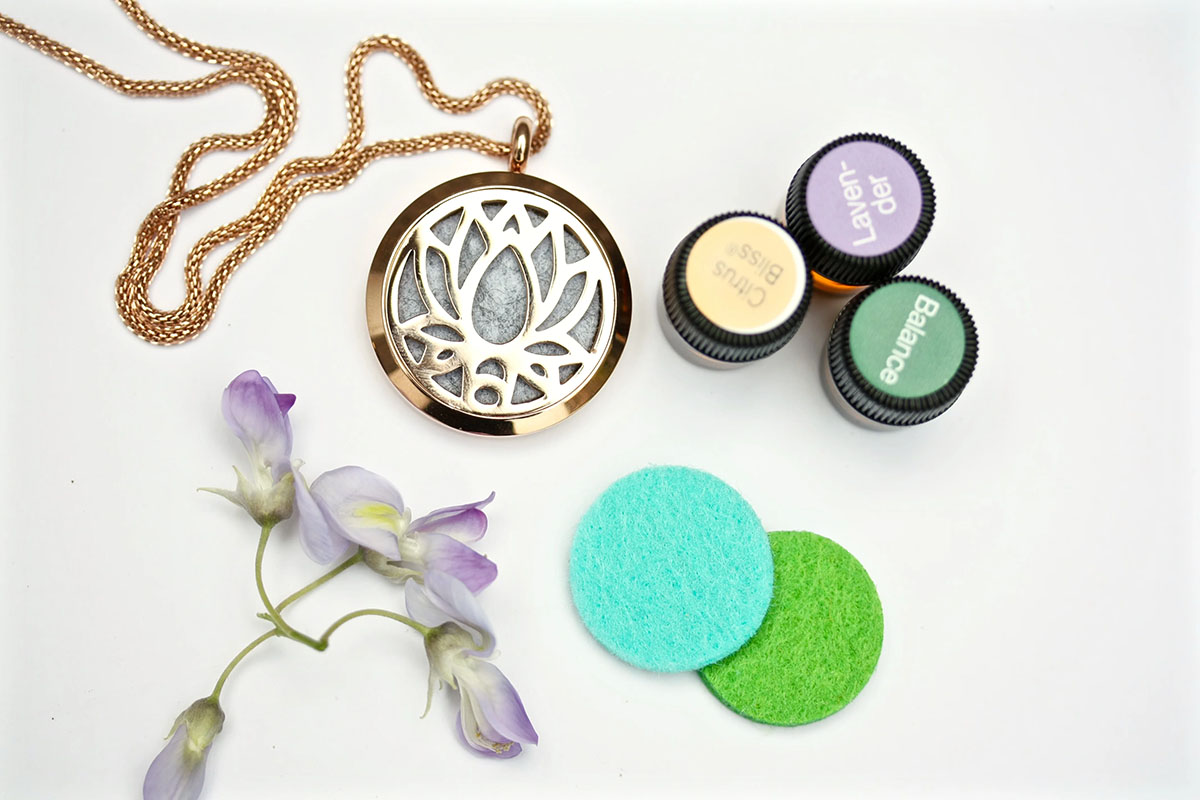
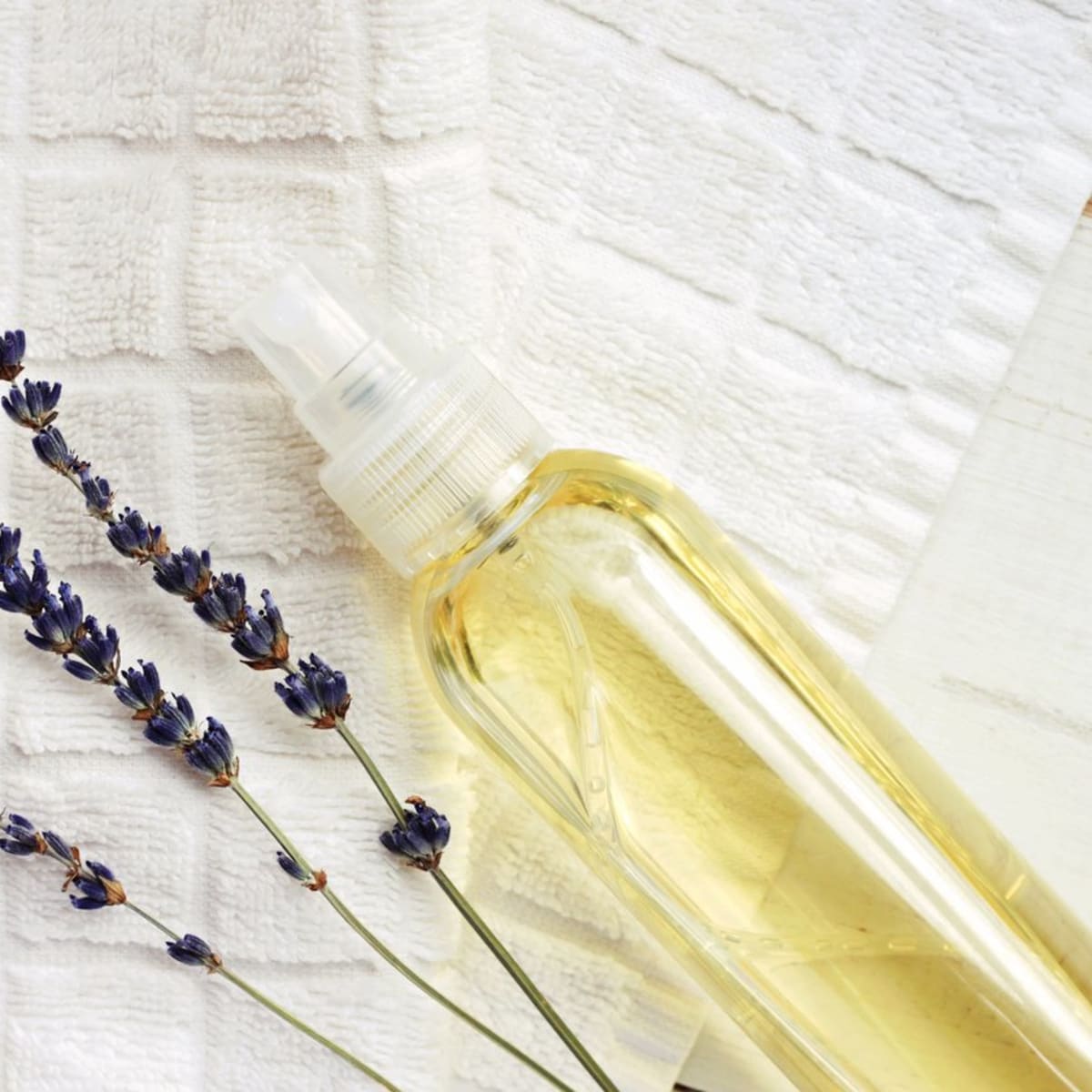
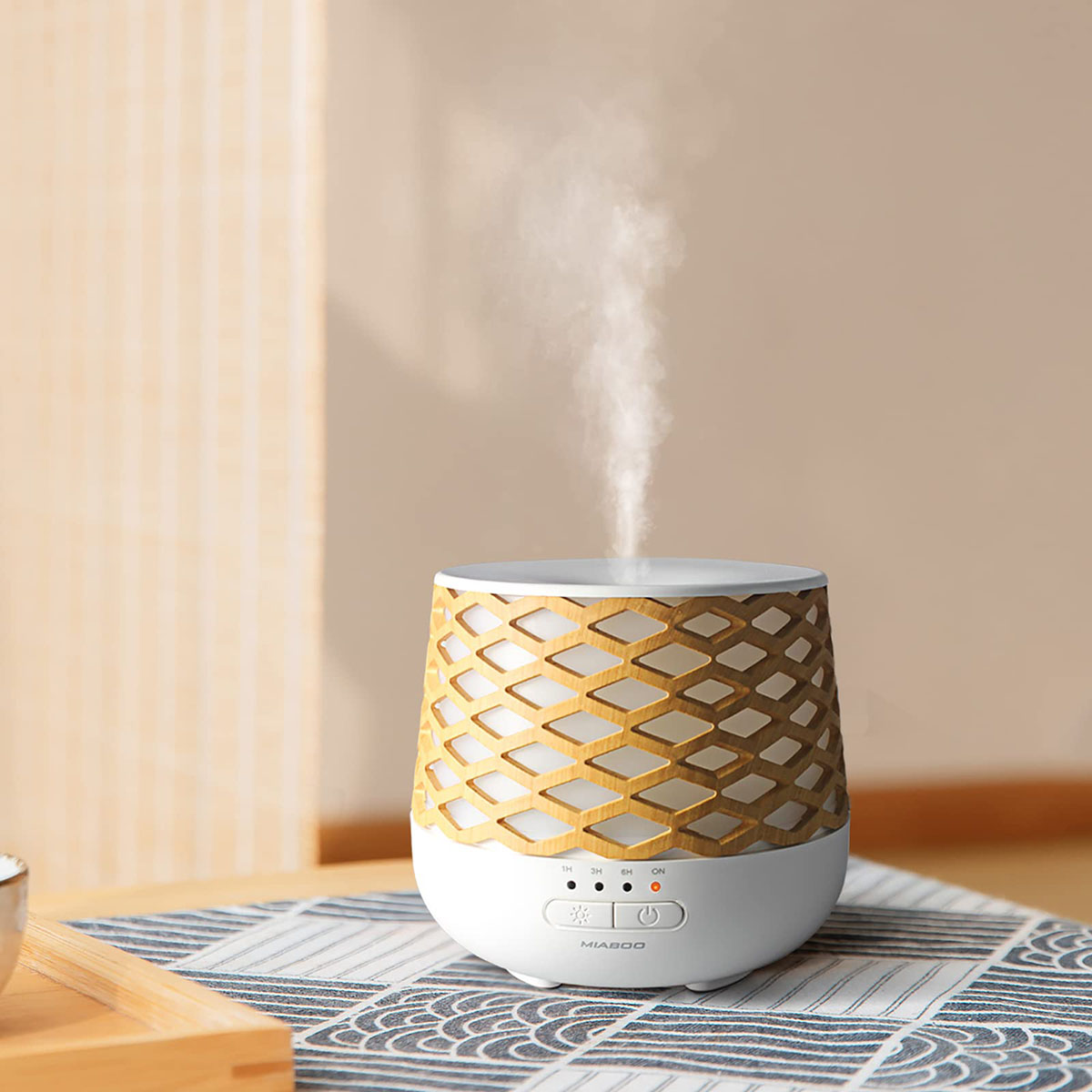
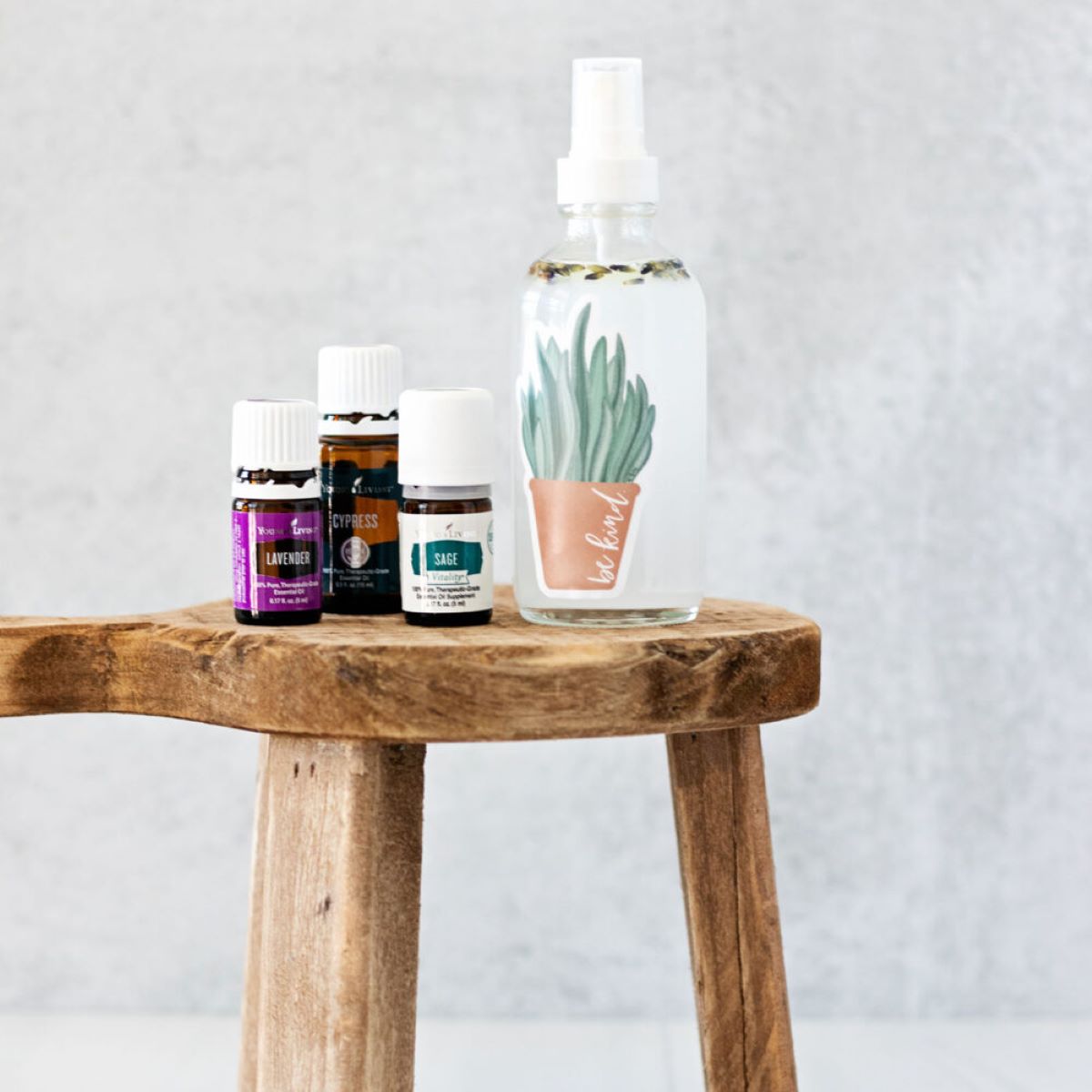
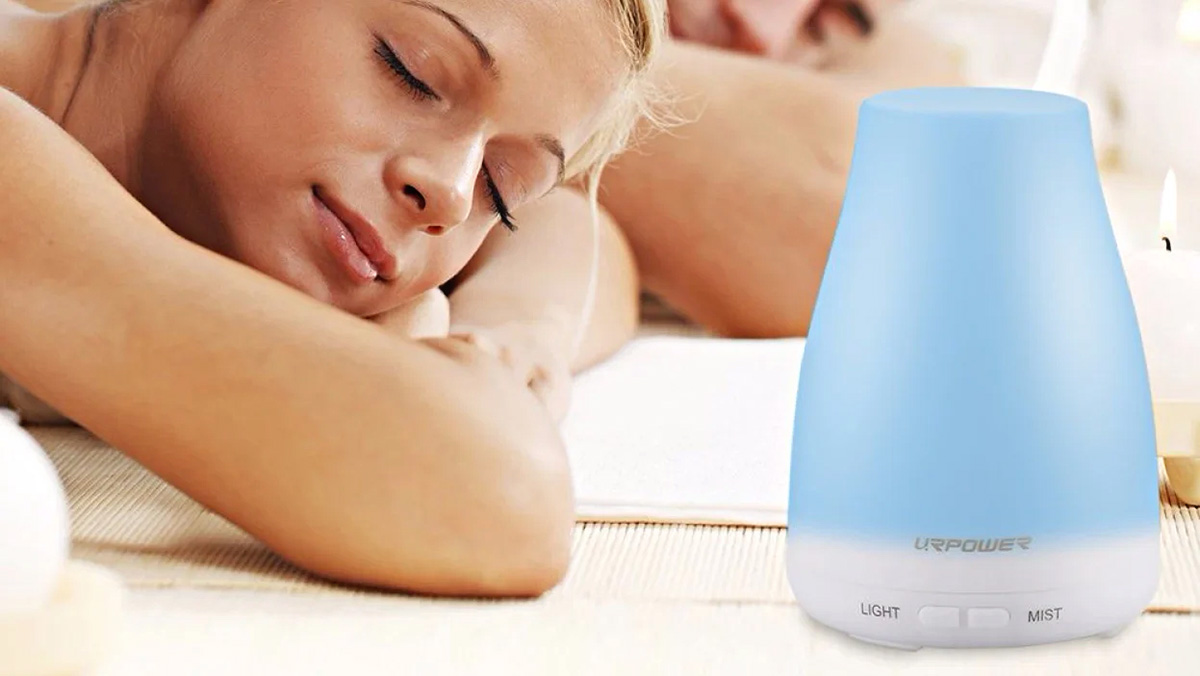
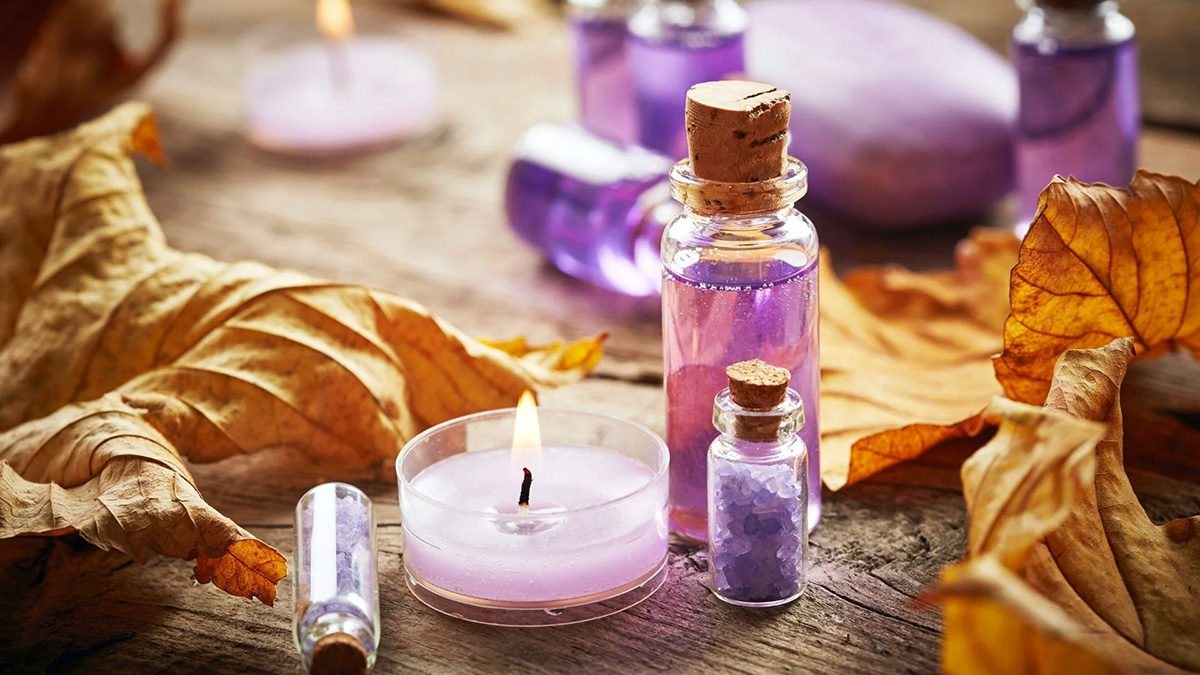
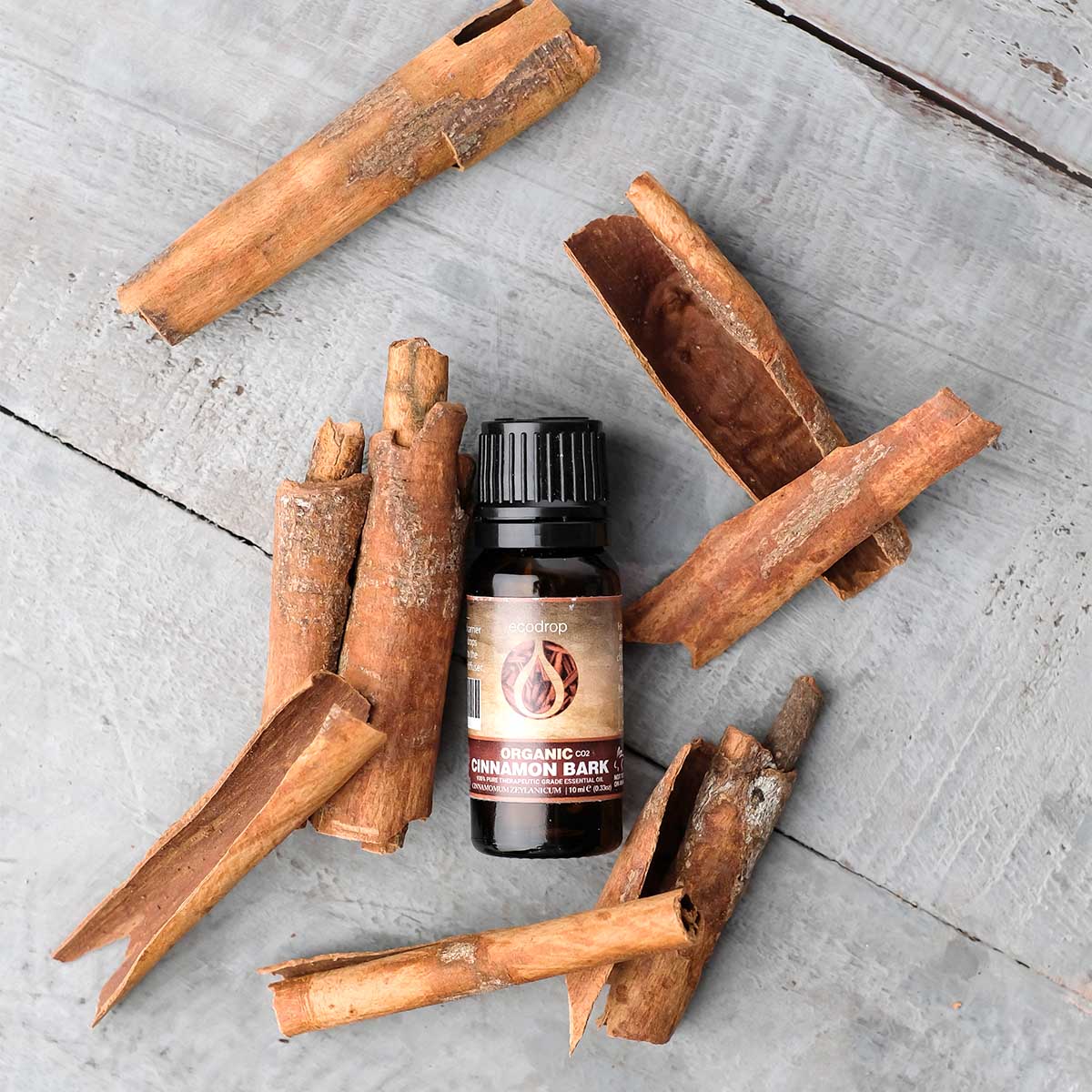
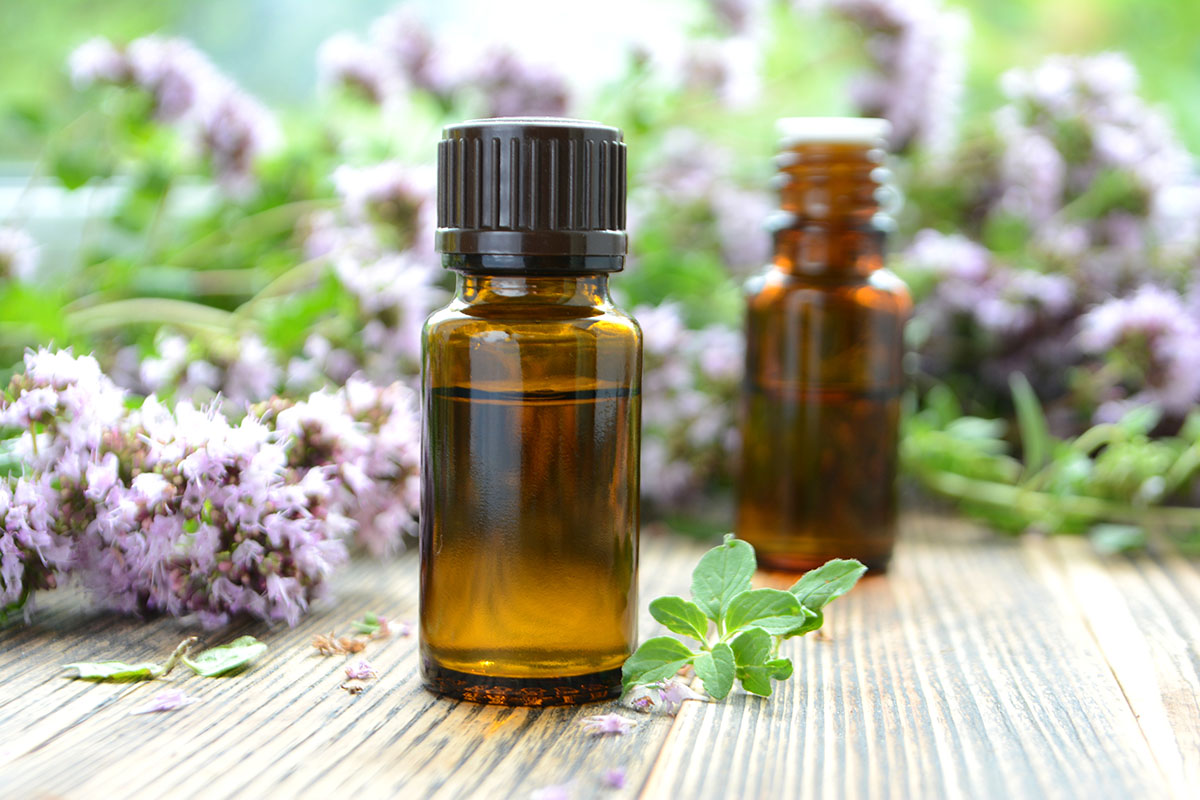
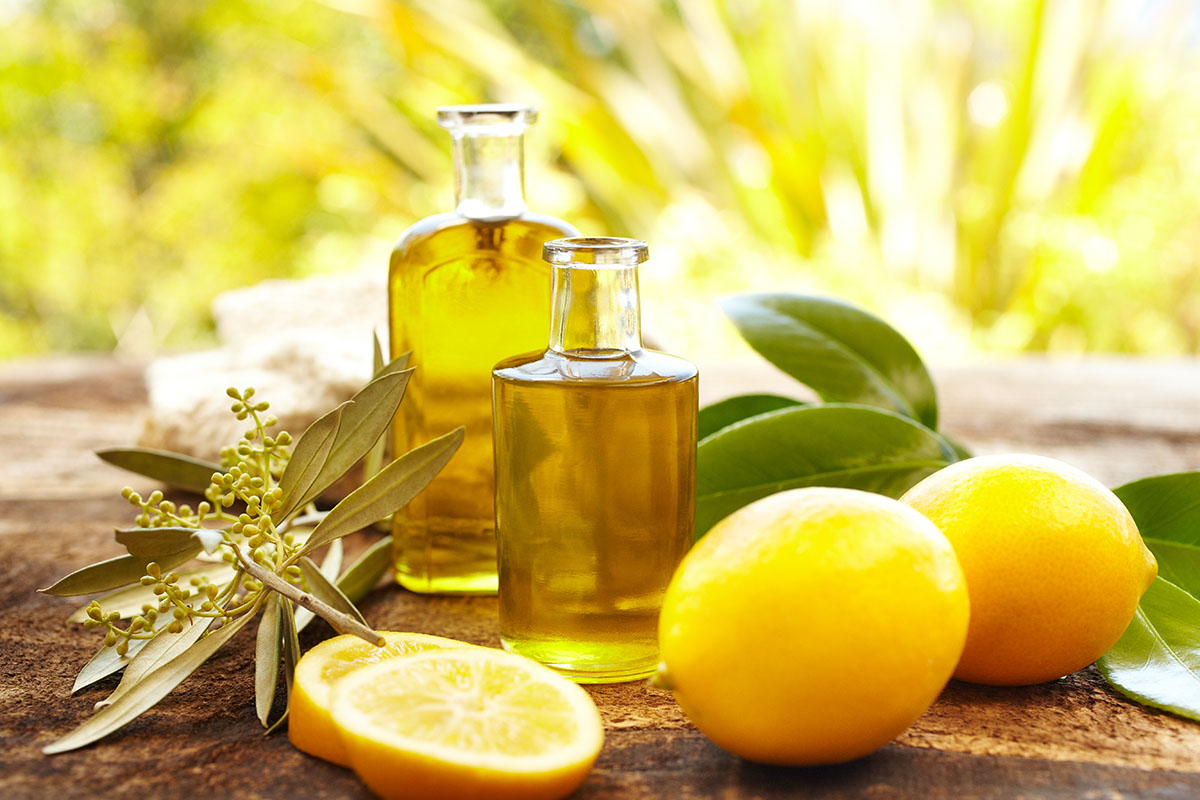

0 thoughts on “How To Store Essential Oils At Home”